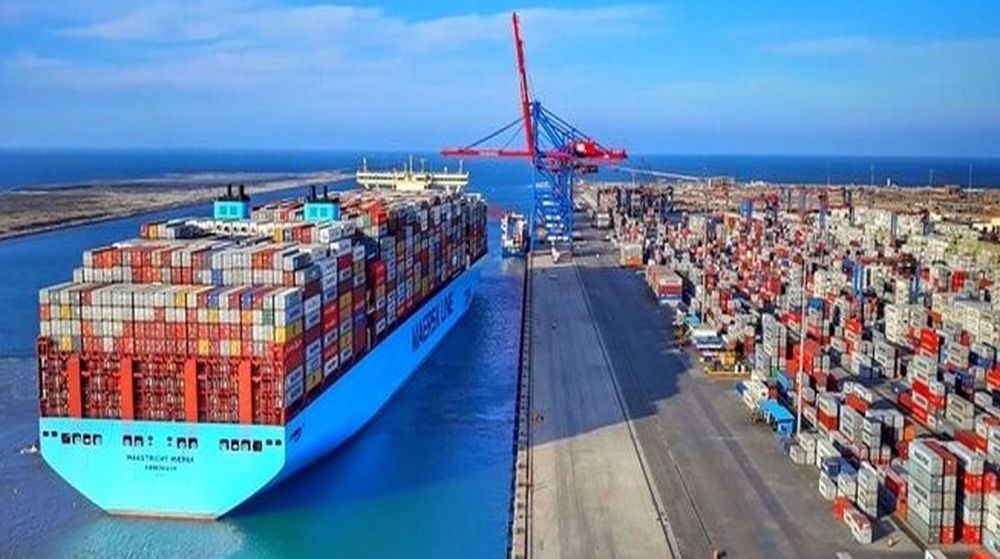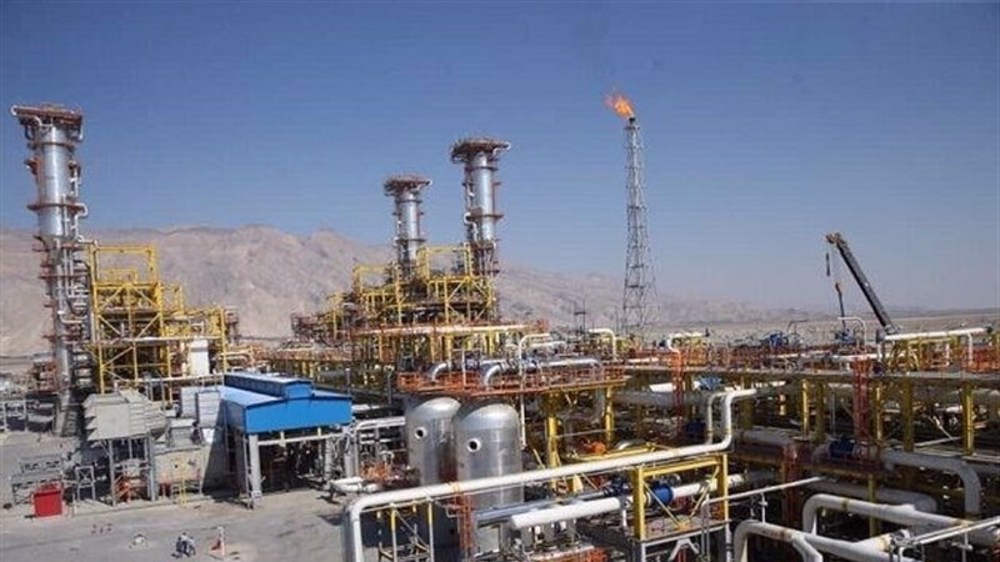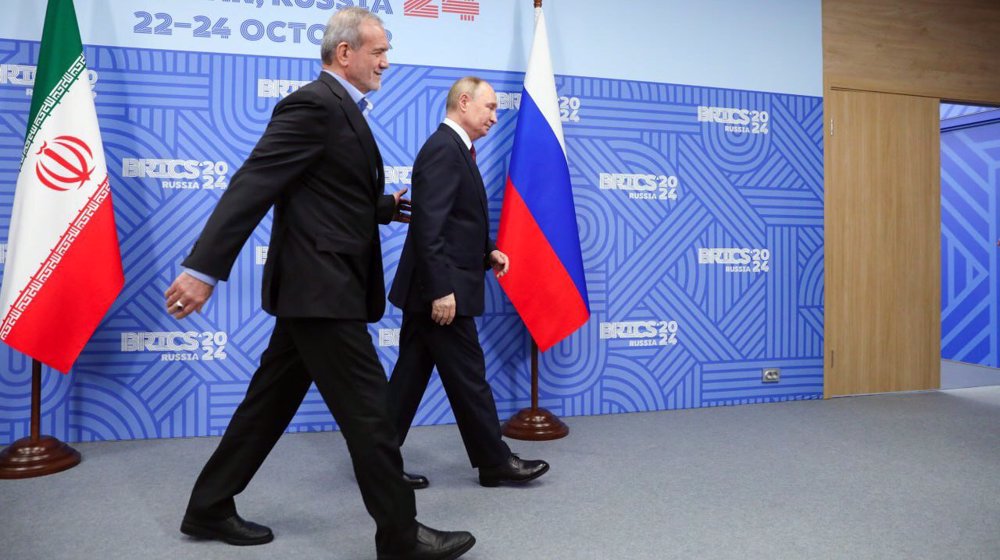Austria signs landmark funding deal with Iran
Austria’s Oberbank on Thursday signed a major finance deal with over a dozen Iranian banks thus becoming one of the first European financial institutions to break the ice in providing loans for Iranian projects after the removal of sanctions against the country in early 2016.
Oberbank, Austria’s seventh-biggest bank, with a balance sheet of roughly 20 billion euros ($24 billion), signed the deal with 14 Iranian banks at its headquarters in Linz.
The move was groundbreaking particularly given that many banks – particularly those from Europe – are still standing away from Iran’s funding prospects over fears that they may fall afoul of remaining US sanctions against the Islamic Republic.
Officials in Tehran are already hoping that this would set the stage for similar moves with other European banks in the near future.
The Iranian signatories included veteran private banks such as Parsian Bank, Saman Bank, Eqtesad Novin Bank, Bank Parargad, Karafarin Bank and the newly established Middle East Bank. Others were former state banks that have been privatized over the past few years such as Bank Melli Iran, Bank Mellat, Bank Sepah, Tejarat Bank, Bank of Industry and Mine, Export Development Bank of Iran, Refah Bank and Keshavarzi Bank.
The agreement which envisages a funding ceiling of €1 billion covers projects by Austrian companies in Iran’s production and development projects lasting more than two years.
Earlier in September, Oberbank’s Chief Executive Franz Gasselsberger had told Reuters that the agreement covered projects by Austrian companies in areas that were previously under sanctions.
“We have very concrete projects in the fields of infrastructure, rail, health, hospital construction, factory building, photovoltaics, hydro power,” Gasselsberger had emphasized.
Export credit guarantees covering 99 percent of a project’s volume will be provided by the Oesterreichische Kontrollbank, the main Austrian body that issues them, Reuters added.
“The sticking point was obtaining an additional guarantee from the Iran,” Gasselsberger said. “We negotiated with the Iranian central bank but the guarantee is evidently coming from the Iranian Finance Ministry.”
SIMILAR DEAL WITH DENMARK'S DANSKE
Also on Thursday, Denmark's Danske Bank signed a similar finance contract worth €500 million with 10 Iranian banks, becoming the second European lender to ink such an agreement with Iran.
The Iranian signatories to the agreement were Saman Bank, Bank Mellat, Tejarat Bank, Bank Melli Iran, Bank of Industry and Mine, Bank Sepah, Bank Pasargad, Eqtesad Novin Bank, Keshavarzi Bank, and Parsian Bank.
They will act as the agent banks, providing civil projects in Iran with the Danish fund, according to an announcement by the website of the Central Bank of Iran.
Danske Bank, founded in 1871 and headquartered in Copenhagen, is the largest bank in Denmark and a major retail bank in the northern European region with over five million retail customers. It was number 454 on the Fortune Global 500 list for 2011.
The deals with Oberbank and Danske came on the heels of a similar move between China’s CITIC Group and a consortium of Iranian banks to provide loans worth a collective of $10 billion for the country’s infrastructure projects.
Iran had also in late August secured an €8-billion credit line from South Korea's Eximbank – what was seen as the country’s biggest loan deal since the removal of sanctions against it in early 2016.
Accordingly, officials in Seoul said the deal would finance projects in Iran by companies from South Korea.
Iran seeks South Korea’s assistance for AI, fiber-optic projects
VIDEO | Iran's 'Eqtedar' (Power) maneuver
Israel hits HTS military target in Syria for 1st time since fall of Assad
VIDEO | Press TV's news headlines
Israel has slaughtered 13,000 students in Gaza, West Bank
VIDEO | More Zionist than Zionists: Biden’s legacy to be defined by Gaza genocide
Hamas confirms handing approval of Gaza ceasefire deal to mediators
VIDEO | Iran: Show of strength










 This makes it easy to access the Press TV website
This makes it easy to access the Press TV website